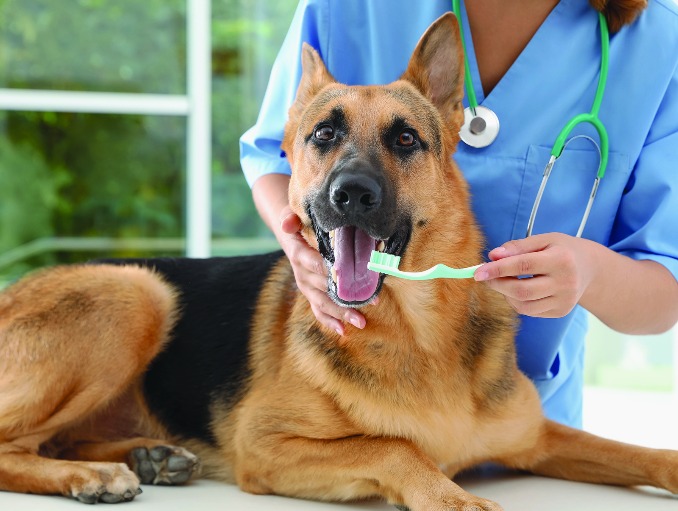
Sounds exciting and enjoyable to have a pet. Yet it is a big responsibility to adopt a pet and take care of them. The tips you can employ in taking good care of your pet and keeping it happy, engaged, and healthy are listed below.
Feed healthy and high-quality foods
Two related elements of responsible pet ownership include always ensuring safe, freshwater, and good food for the animals. The right pet food should make them safer, offering the energy and nutrients they need to visit Norskeandelseler for reviews on the right pet food. From so many meal choices to choose from, it can be overwhelming, but you must be familiar with an essential meal and how it will help your pet or kitty.
Domestic Treatment
As your pet’s caretaker, your job is to teach them good grooming habits at home, as well as at the vet or groomers. Brushing their teeth, combing their coats, and supplying them with a balanced diet all keeps them in a tip-top state. To stay on board with responsible pet care, plan your calendar towards cleaning and grooming activities and seek to incorporate things such as a soothing comb after trimming the nails until it is normal.
To preserve their health, some pets need daily grooming. Many animals bathe themselves in some way, but they may also need your help as they age or when they get filthy.
Comfortable Services
When the seasons shift, or when you rearrange your living room, look around and see that you have a comfortable, cozy environment for your pet. For example, when your dog bed looks flat, you can buy a new mattress for your dog or check dogman to learn more about how to make your pet comfortable. Litter box area no longer cut? Spruce the bathroom with a new package and pick up your kitty. Look for exposed cables or wires (young animals consider these to be perfect chew toys), secure security gates, fix loose windows or screens, and remove any plants harmful to your pet.
Give them the requisite vaccine on time
Vaccinating pets is a critical aspect of responsible pet treatment. Planning an immunization appointment shortly after you have welcomed your new pet into your home is very necessary. The vet should set up a vaccine plan for your little dog or kitten on your first visit to protect them from disease and illness. Puppy vaccines will happen in your puppies early in the first few weeks after you have taken him home. Talk to your vet at your first rendezvous, what an excellent time to plan your stay. We help avoid diseases like rabies, Lyme disease, and distemper.
Let your pet do some exercise
Much like their human counterparts, training is another essential component of proper pet treatment. This could mean daily walks, playing with toys, spending time outside the enclosure, or playing puzzles and games—almost all pets like playing with toys when their favorite toy when you are not around. Make sure to periodically check toys for damage and decay and repair them where appropriate.
Spaying/neutering
Sterilizing your pet will avoid a variety of health problems, including complicated pregnancies and raising the number of homeless animals. Spaying (removing the uterus and ovaries) your kitty significantly decreases its risk of cervical cancer, eliminates the risk of ovarian cancer, and prevents it from experiencing “heat.” This minimizes the likelihood that it will go away from home in search of a mate, and any nearby male cats will be less aggressive (and will not spray to mark their territory, which helps you and your furniture).